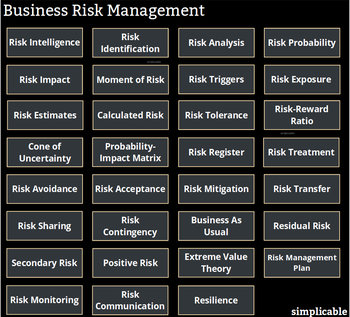
Projects
A firm continues to invest in a project that's failing out of a desperate desire to recoup losses. The project continues to worsen as spending to recover sunken costs continues.Investments
An investor escalates a failing investment in order to recover losses, purchasing investments that they would have avoided if they didn't have an existing loss.Recognition of Failure
A company invests in a new technology designed to improve business processes. By the companies own metrics, the technology makes processes less efficient resulting in operational costs and declining revenue. The company continues to use the technology for fear of recognizing the failed investment in technology.Find more examples of sunk costs here.| Overview: Sunk Costs | ||
Type | ||
Definition | A past cost that has been committed and can't be recovered. | |
Value | Preventing sunk costs from influencing decision making may improve the quality of decisions. | |
Related Concepts | ||































